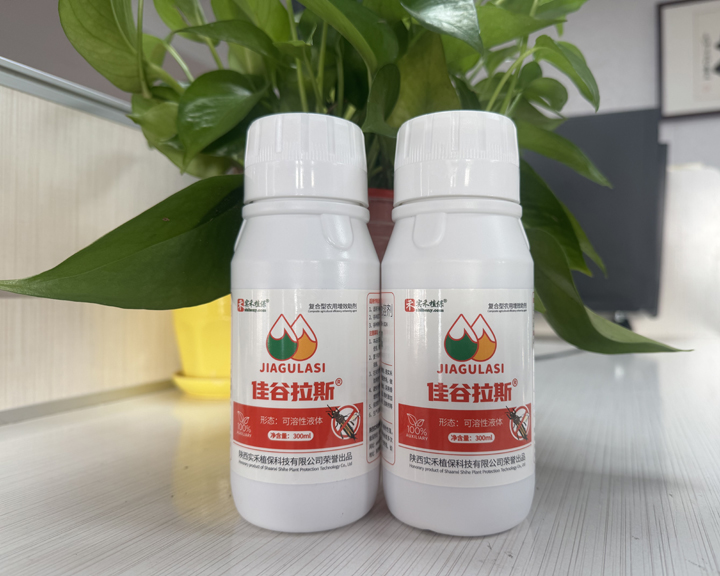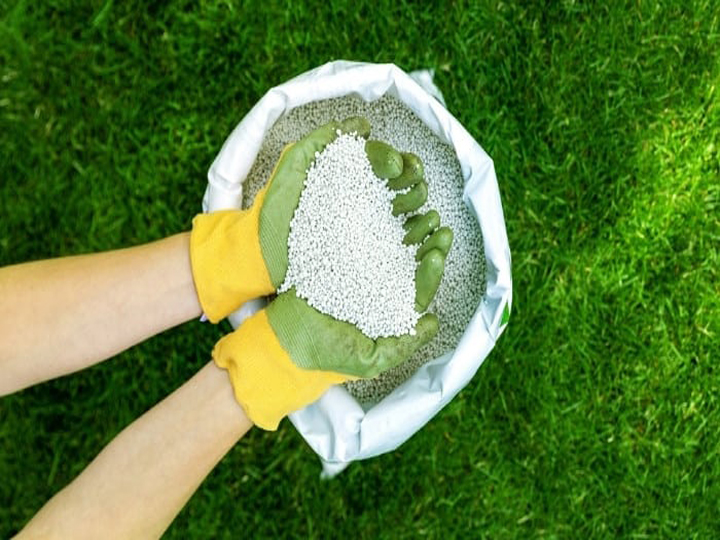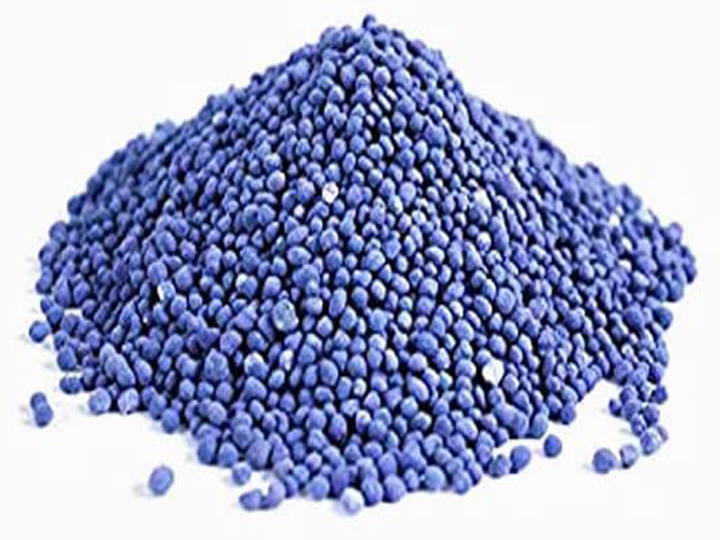
 全国服务热线
全国服务热线
029-89023941
Sodium Copper EDTA (Ethylene Diamine Tetraacetic Acid) is a chelated form of copper that is widely used in agricultural practices to provide a readily available source of copper to plants. With a copper content of 14.5% or greater, it helps in addressing copper deficiencies in soil, which can adversely affect plant growth and development. The chelation process stabilizes the copper ion, preventing it from forming insoluble compounds in the soil, thereby enhancing its bioavailability for plant uptake.
Ingredients:
main ingredients arevCopper Sulfate or Copper Oxide, EDTA (Ethylene Diamine Tetraacetic Acid), Sodium.
Uses in plants:
Corrects copper deficiencies in crops, which is essential for photosynthesis, respiration, and protein synthesis. Sodium Copper EDTA (Copper content ≥ 14.5%) is an effective chelated copper source for enhancing plant health and productivity when used appropriately, with precautions taken to minimize risks associated with its application.
Application:
Foliar Application: Applied directly to plant leaves for rapid absorption when copper deficiency symptoms are observed, leading to quicker recovery.
Soil Application: Mixed into the soil to enrich soil copper levels, supporting various crops, including fruits, vegetables, and ornamental plants.
Hydroponics: Commonly used in hydroponic systems to ensure copper is available in nutrient solution for plants that don't have access to soil.



